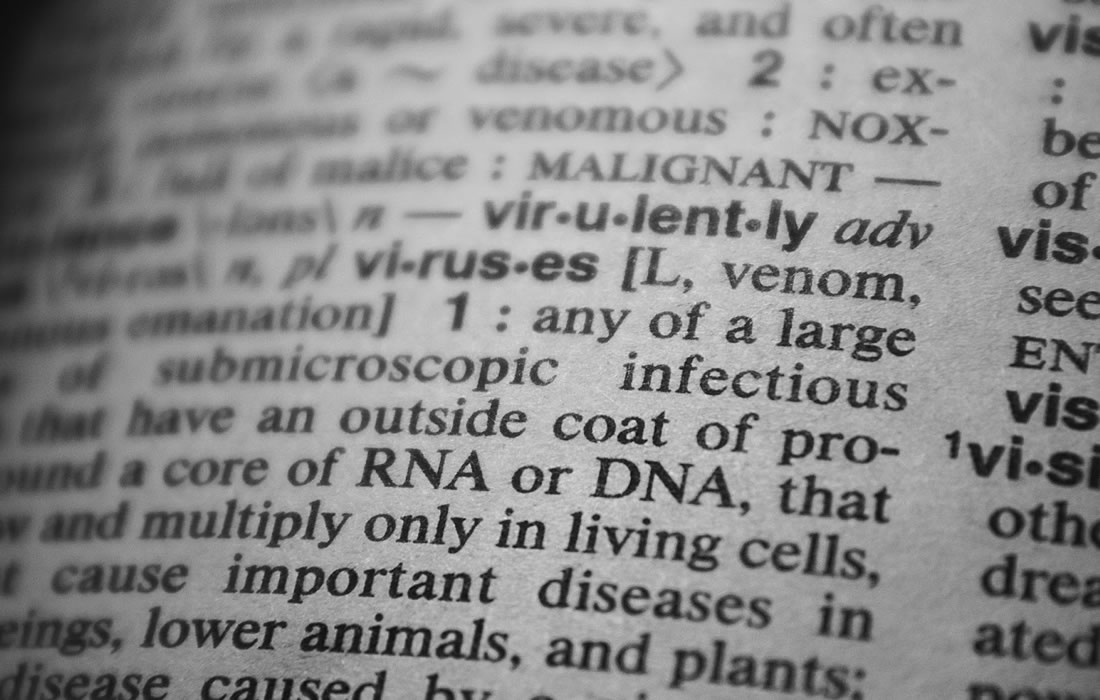Regenerative Medicine News and General Information
Researchers Redesign Future mRNA Therapeutics to Prevent Potentially Harmful Immune Responses
mRNA — or ‘messenger ribonucleic acid’ — is the genetic material that tells cells in the body how to make a specific protein. Researchers from the Medical Research Council (MRC) Toxicology Unit have discovered that the cellular machinery that ‘reads’ mRNAs ‘slips’ when confronted with repeats of a chemical modification commonly found in mRNA therapeutics. In addition to the target protein, these slips lead to the production of ‘off-target’ proteins triggering an unintended immune response.
mRNA vaccines are considered game changing. They have been used to control the COVID-19 pandemic and are already proposed to treat various cancers, cardiovascular, respiratory, and immunological diseases in the future.
This revolutionary class of therapeutics was made possible in part through the work of biochemist Katalin Karikó and immunologist Drew Weissman. They demonstrated that by adding chemical modifications to the bases — the building blocks of mRNA — the synthetic mRNAs could bypass some of our body’s immune defenses allowing a therapeutic to enter the cell and exert its effects.
The latest developments, built upon previous advances to ensure the prevention of any safety issues linked with future mRNA-based therapeutics.
The researchers identified that bases with a chemical modification called N1-methylpseudouridine — which are currently contained in mRNA therapies — are responsible for the ‘slips’ along the mRNA sequence.
In collaboration with other researchers the MRC Toxicology Unit team tested for evidence of the production of ‘off-target’ proteins in people who received the mRNA Pfizer vaccine against COVID-19. They found an unintended immune response occurred in one third of the 21 patients in the study who were vaccinated — but with no ill-effects, in keeping with the extensive safety data available on these COVID-19 vaccines.
The team then redesigned mRNA sequences to avoid these ‘off-target’ effects, by correcting the error-prone genetic sequences in the synthetic mRNA. This produced the intended protein. Such design modifications can easily be applied to future mRNA vaccines to produce their desired effects while preventing hazardous and unintended immune responses.
He added: “We need to ensure that mRNA vaccines of the future are as reliable. Our demonstration of ‘slip-resistant’ mRNAs is a vital contribution to future safety of this medicine platform.”
Thaventhiran, who is also a practicing clinician at Addenbrooke’s hospital, said: “We can remove the error-prone code from the mRNA in vaccines so the body will make the proteins we want for an immune response without inadvertently making other proteins as well. The safety concern for future mRNA medicines is that mis-directed immunity has huge potential to be harmful, so off-target immune responses should always be avoided.”
Using synthetic mRNA for therapeutic purposes is attractive because it is cheap to produce, so can address substantial health inequalities across the globe by making these medicines more accessible. Moreover, synthetic mRNAs can be changed rapidly — for example to create a new COVID-19 variant vaccine.
Sources:
Mulroney, T.E., Pöyry, T., Yam-Puc, J.C. et al. N1-methylpseudouridylation of mRNA causes +1 ribosomal frameshifting. Nature, 2023 DOI: 10.1038/s41586-023-06800-3
University of Cambridge. “Researchers redesign future mRNA therapeutics to prevent potentially harmful immune responses.” ScienceDaily. ScienceDaily, 6 December 2023. <www.sciencedaily.com/releases/2023/12/231206115848.htm>.
Materials provided by University of Cambridge. The original text of this story is licensed under a Creative Commons License. Note: Content may be edited for style and length.
Images from:
Photo by Nothing Ahead
https://www.pexels.com/photo/ciencia-libro-papel-texto-4440721/

